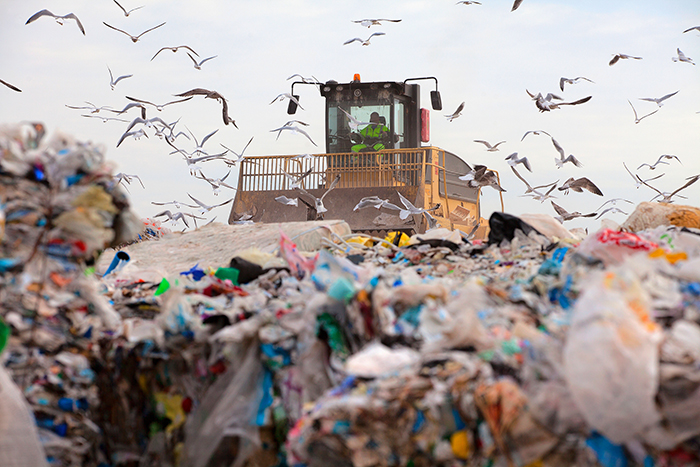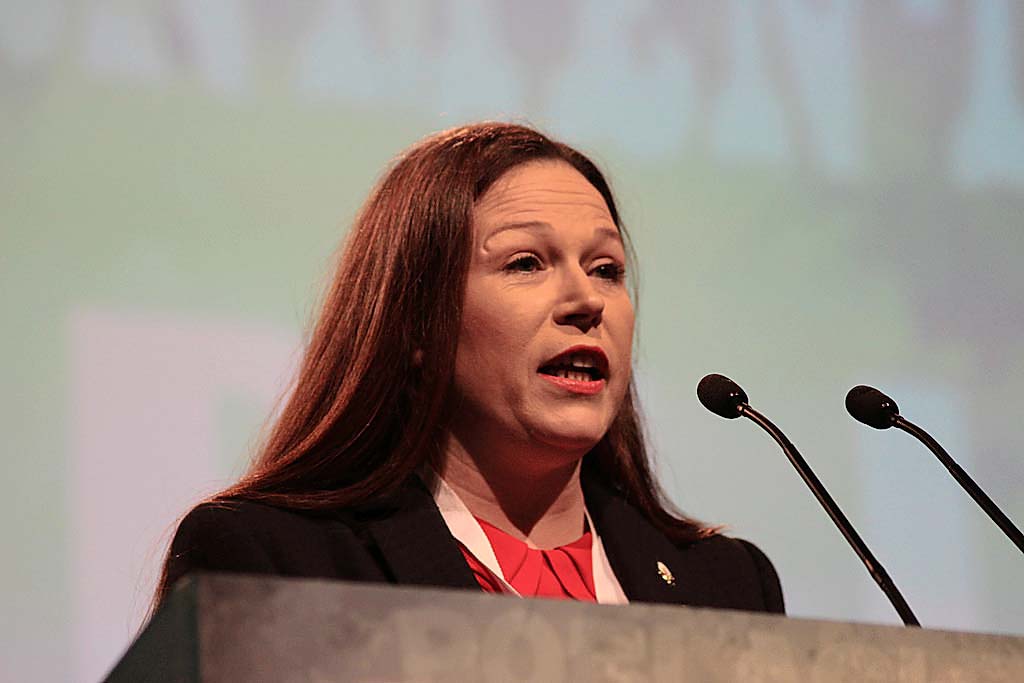COMMENT: Why I’m phasing out flat-fee bin charges
Dublin People 04 Aug 2017
THE Government recently announced a new way to incentivise people to reduce their waste and to recycle more through the gradual phasing out of flat-rate fees for bin collections.
Research shows that flat-rate fees do not encourage behavioural change so phasing them out will reduce waste, thereby potentially saving householders money.
In the coming weeks, I will announce details of a price watchdog. Through this new initiative we will monitor prices in the sector to ensure fairness as the old flat-rate fees are phased out.
So, what is really going on with the bin charges? The answer is that the Government is ending flat-rate fees for bin collections. The phasing out of flat-rate fees is happening because research shows that we generate significantly less waste by using either a
‘pay by lift’ or a
‘pay by weight’ option. As a society, we discard an incredible 80 per cent of what we produce after a single use and an average family throws away
?¬700 in food waste every year.Â
A revised pricing structure will phase-out all flat rate/fixed prices for household bin collection in the coming year. A flat-rate fee is when a customer pays a single agreed price for waste collection. The payments can be monthly, quarterly or annually. This does not change, no matter how many times the bins are put out for collection or how heavy the bin is.
No matter how much or how little waste you create, you pay the same price for collection. Â The change will only affect your household if you are currently on a flat-rate charge bin collection service. More than half of Irish households will not be affected by the changes as they are already using a pay by weight system or only pay each time their bins are collected.
If you are not already paying per weight or paying per collection, then new payment plans will be introduced by your bin company from autumn this year as your current contract comes to an end. Other options will be that you pay each time your bin is collected or that you pay based on the weight in your bin (eg. per-kilogramme, weight bands or weight allowances).
When your new charges will start will really depend on when your current contract runs out. The first thing you should do is contact the company that collects your bins now and ask them if and when they plan to change their pricing structures. Prices could change but that is already the case even if you are already on an incentivised scheme because it is open to a bin collector to change the service pricing plan within the bounds of consumer and contract legislation.
In the meantime, you should keep in contact with your service provider and continue to do everything you can to reduce your waste costs through preventing waste, recycling and using your brown bin.
I have introduced a financial support of
?¬75 per year to each person with lifelong or long-term medical incontinence needs towards disposal of incontinence wear.Â
We have moved from having a landfill in each local authority area to having only four landfills currently accepting household waste. Emergency measures were needed twice last year to deal with the capacity crisis that we have ongoing in this country. If emergency measures had not been taken, bins would have remained on our streets uncollected.
We need to deal with the problem or we will be in a situation in less than three years where we will have no facilities available to deal with two months of waste collection. Unless people want to see the re-emergence of landfills in every local authority area, we need to collectively make the transition from taking little notice of what goes into our bins to being conscious of what, and how, we are disposing of our waste.Â
My basic message is that we have to start thinking more about the waste we produce. All of us should try to reduce, reuse and recycle. The more waste we produce, the more environmental damage it will do and the more it will cost to dispose of. Taking action can potentially save households money as well as helping to deal with our landfill capacity crisis. Taking individual responsibility and our responsibility as a State into consideration, this new incentivised pricing structure makes sense.
Denis Naughten is the Minister for Communications, Climate Action and Environment.Â











